Intelligent document processing (IDP), also referred to as intelligent data capture, is the next generation of automation that can capture, extract, and process data from a variety of document formats.
Intelligent document processing refers to software solutions that use the power of AI and machine learning technologies to efficiently process all types of documents, extract relevant information, and then feed the output into downstream applications such as process automation solutions, document management, and so on.
It is considered one of many automated data capture methods available.
According to Gartner, companies globally increase their use of paper by 25% per year. Without automation solutions, organizations need to scan paper documents, and employees need to manually extract information in order to organize and decrease the time required to retrieve these documents in the future.
However, with the technology advancement, new methods for automatically extracting information from documents, such as OCR and ICR, were developed.
In order to meet their difficult intelligent document automation and digitization demands, businesses want more complicated, adaptable, and precise solutions than OCR.
Because unstructured data accounts for 80% of an organization’s content and information generation will continue to grow, businesses will need more powerful solutions that can automate the entire process of capturing, extracting, and processing content with minimal human intervention, resulting in intelligent document automation.
In this post, we will define Intelligent Document Processing (IDP), compare it to other document capture approaches, and discuss the benefits it provides companies.

So what is Document Intelligence?
Document Intelligence is a term used to describe any set of AI Techniques that can be used to understand, extract and generate insights from business documents. More poignantly:
“Document AI, or Document Intelligence, is a relatively new research topic that refers techniques for automatically reading, understanding, and analyzing business documents”
Notice there isn’t much mentioned about NLP. And the reason is simply because Document Intelligence isn’t just about NLP. It is a lot more! But it’s confusing a bit because documents are full of text isn’t it and for solving text don’t we use NLP?
Let’s go back a bit shall we? Documents contain more than text. They can have colourful pictures, excel screenshots containing whole lot of numbers, maybe we can mix some Powerpoint slides too. Documents are more than text. It is information condensed within pictures and tables and free flowing text.
To solve Document Intelligence, we need to know different types of documents; thankfully Document Intelligence limits itself to business documents, cutting down the scope a bit.
Most Documents are Images
Well turns out scanned copies (which comprise a large portion of all documents in an organization) are images. Business documents are not just colorful Powerpoints that Business Analysts create, it also consists of the insurance forms a broker scans and sends on his phone after meeting the customer.
Business documents come in all flavours, shapes and sizes.
Now that we know what a ‘Document’ means. Lets look at a bit of what two specific industries want to do with Documents.
- Legal – We have worked with legal teams to find out specific information from 100-200 page contracts. Imagine giving a contract to an AI system such as ours and this AI system instantly parses out the information which the lawyer wants to see. This is extremely difficult because of the sheer size of the documents combined with the legal verbiage which is hard for a layman to understand. Luckily, this is at the heart of what Document Intelligence is designed to do.
- Plant Operations – Most large scale operations end up having hundreds, if not thousands of vendors or suppliers who all send them invoices, purchase orders, contracts and other paper documents. Most of these get filed away once they are scanned into an ERP system to never be seen again. This used to be just part of doing business, however we have solved for this too. Our suite of AI tools has been able to extract all the relevant information that the ERP systems was missing and inject those into the ERP system; thus making ERP even more powerful.
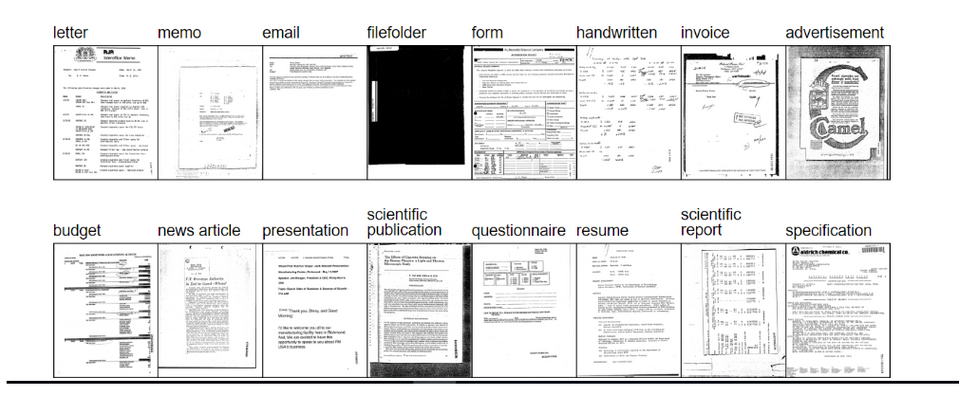
Intelligent Document Processing Benefits
IDP helps organizations integrate with other core business applications, minimize human intervention, handle challenges associated with reading complicated document formats, and fulfill legal and compliance requirements.
Despite having a wealth of data, the largest problem companies face today is leveraging this data in a responsible way that is most relevant to their performance.
Intelligent document processing is gaining attention as it helps organizations reduce costs, enhance accuracy, speed up automation, improve productivity, and simplify compliance.
Reduce Costs
Intelligent document processing reduces the costs of manually processing documents, extracting information, and feeding other business systems.
Companies that have used IDP technology into their workflow have seen a considerable reduction in processing time and reduced labour expenses by up to 30%.
Enhanced Accuracy
It is not sufficient to extract data; it must be highly precise and of high quality.
Extracting data with high precision is crucial for businesses since content is where employees spend the bulk of their time exploring, updating, and making critical business choices.
It provides trainable machine learning technology for continual categorization accuracy improvement.
IDP aids in quality improvement by eliminating the chance of human mistake when processing papers.
Powerful Automation
Intelligent document processing solutions readily interface with your organization’s systems, such as business automation solutions, allowing you to simplify business operations with little to no human participation.
End-to-end process automation is made possible by IDP. Because IDP can be linked to any platform, it helps connect all of the systems involved in automating complicated business processes.
IDP combined with RPA allows organization to fully automate enterprise business processes.
Improved Productivity
Because IDP solutions can process documents with little to no human interaction, your organization’s workers can devote the time required to manually extrapolate data to focus on more strategic work
Intelligent document processing significantly improves performance by automating manual labour processes such as data input, document sorting, and information validation and reducing the time necessary to handle these documents.
Simplified Compliance & Security
Intelligent capture connects information to an audit trail, which aids in compliance with government requirements and ensures the correct retention of documents and other sensitive data.
It reduces the possibility of sensitive information being exposed to unauthorized parties. Furthermore, IDP can assist to streamline and improve the accuracy of regulatory reporting.
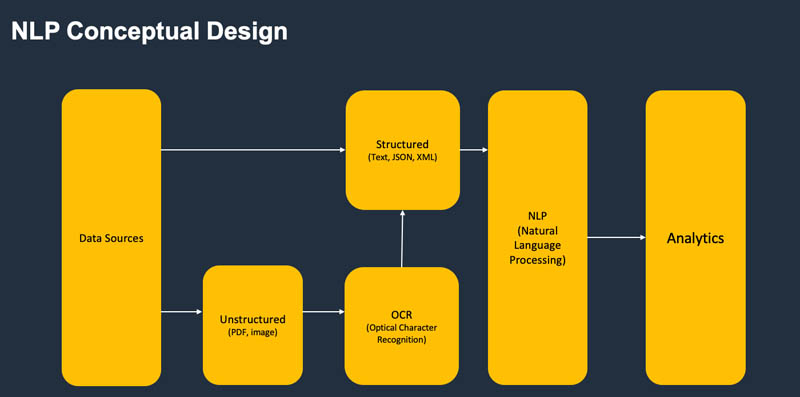
Organizations are increasingly trying to automate their workers’ monotonous and time-consuming activities in today’s digital environment, particularly following COVID-19, to let them to focus on more essential subjects.
Employees will spend a significant amount of time retrieving important business information as the amount of data created continues to grow. Scanning and other technologies have shown to be useful in many situations, however complicated unstructured documents require a superior method of processing.
Intelligent document processing has enabled the automation of corporate operations and the improvement of overall efficiency and productivity.
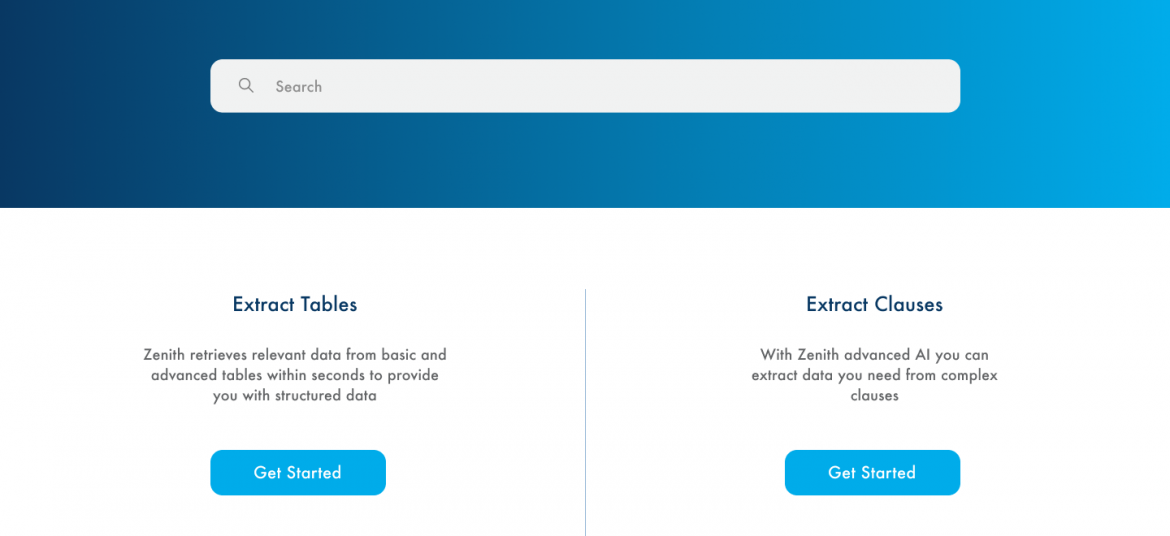
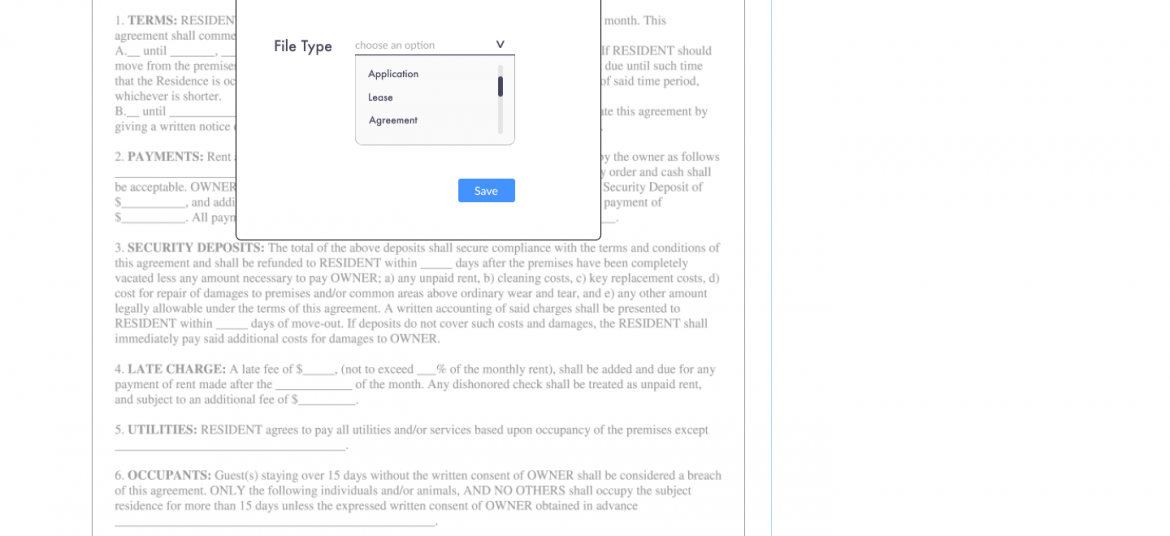
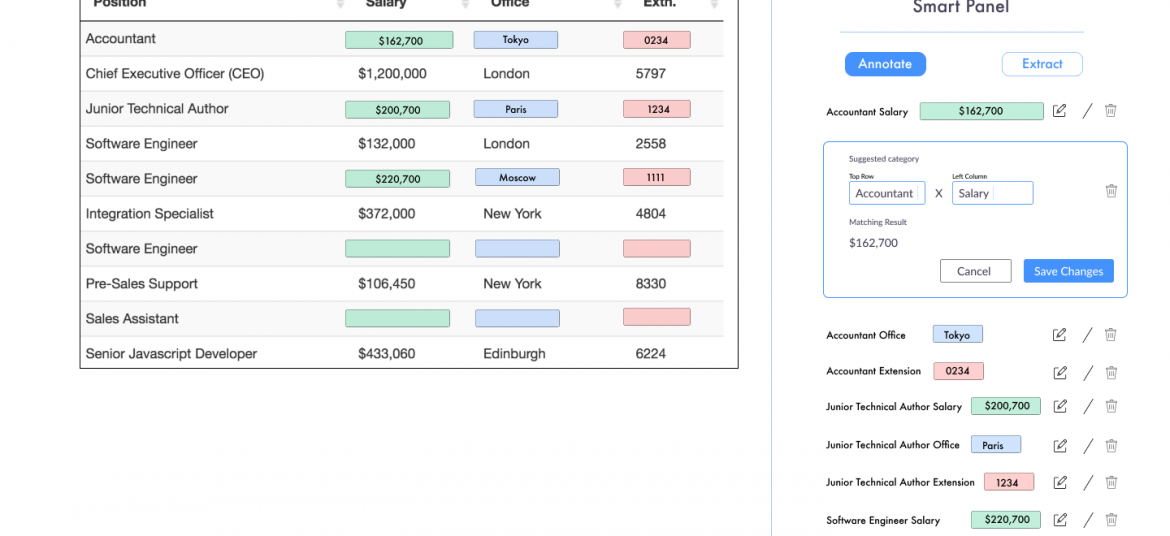
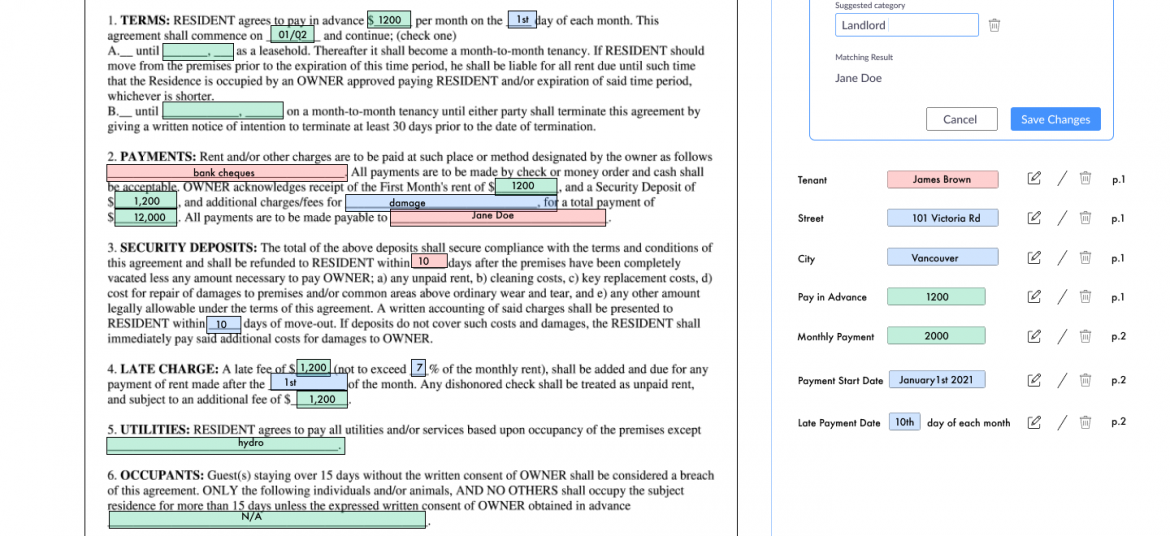
Apogee Suite of NLP and AI tools made by 1000ml has helped Small and Medium Businesses in several industries, large Enterprises and Government Ministries gain an understanding of the Intelligence that exists within their documents, contracts, and generally, any content.
Our toolset – Apogee, Zenith and Mensa work together to allow for:
- Any document, contract and/or content ingested and understood
- Document (Type) Classification
- Content Summarization
- Metadata (or text) Extraction
- Table (and embedded text) Extraction
- Conversational AI (chatbot)
Search, Javascript SDK and API
- Document Intelligence
- Intelligent Document Processing
- ERP NLP Data Augmentation
- Judicial Case Prediction Engine
- Digital Navigation AI
- No-configuration FAQ Bots
- and many more
Check out our next webinar dates below to find out how 1000ml’s tool works with your organization’s systems to create opportunities for Robotic Process Automation (RPA) and automatic, self-learning data pipelines.
